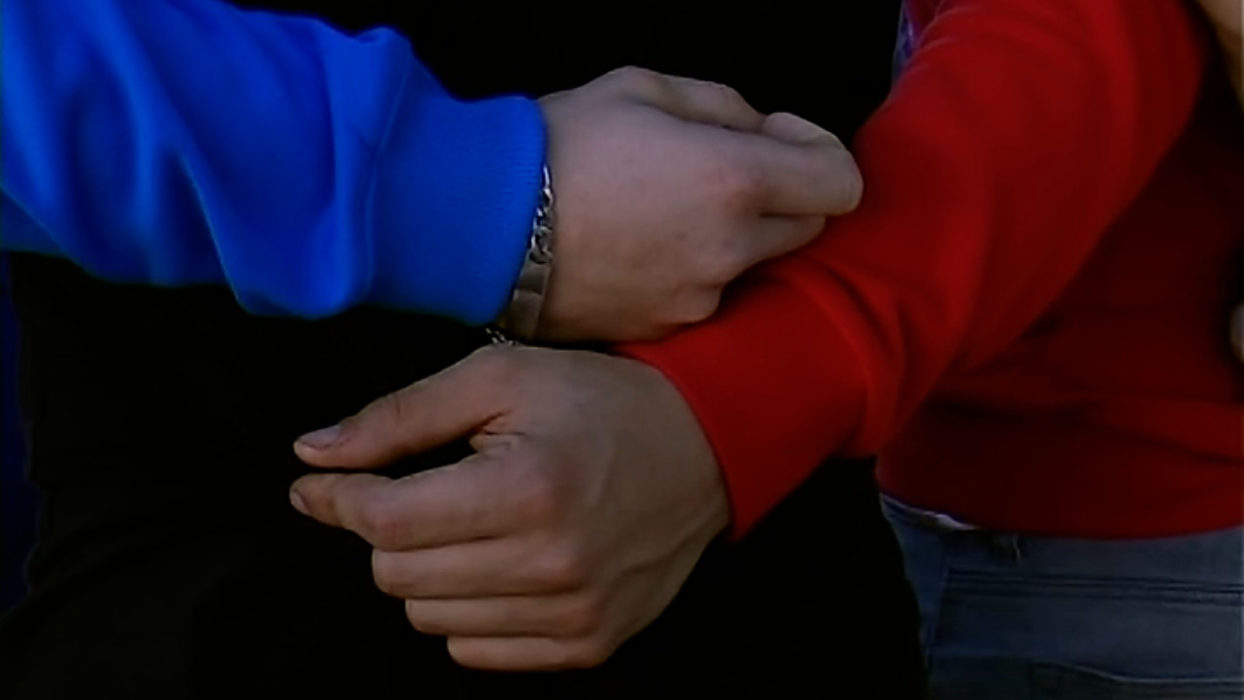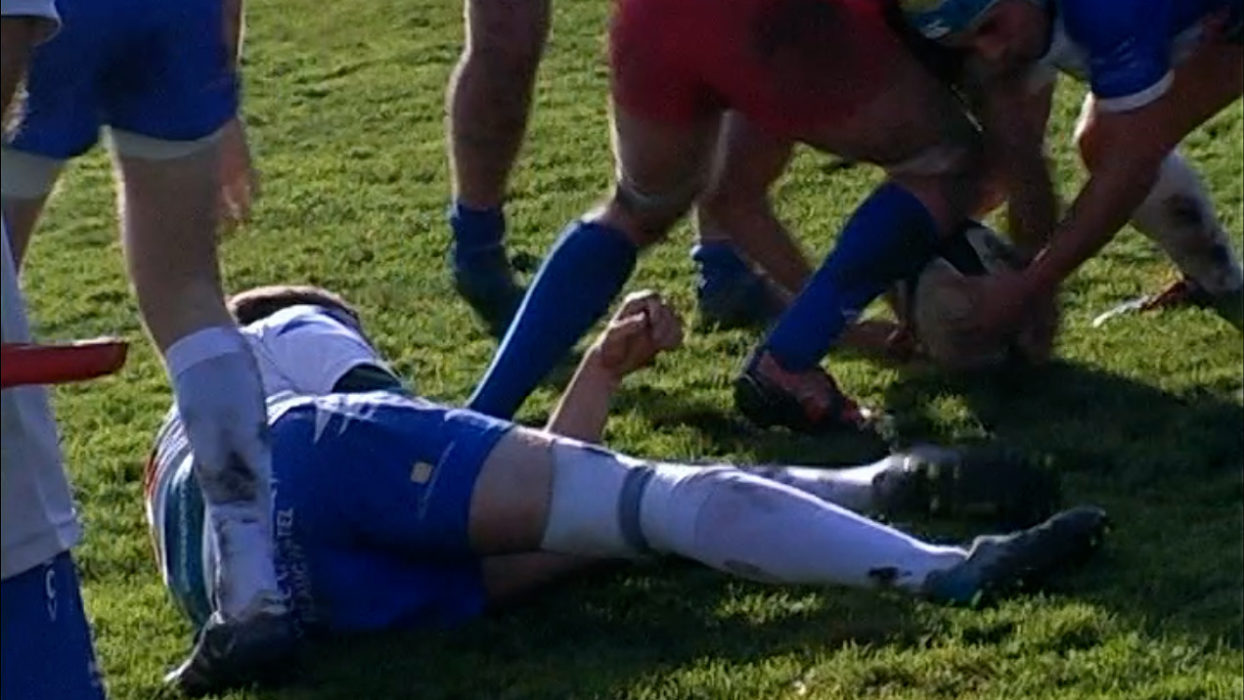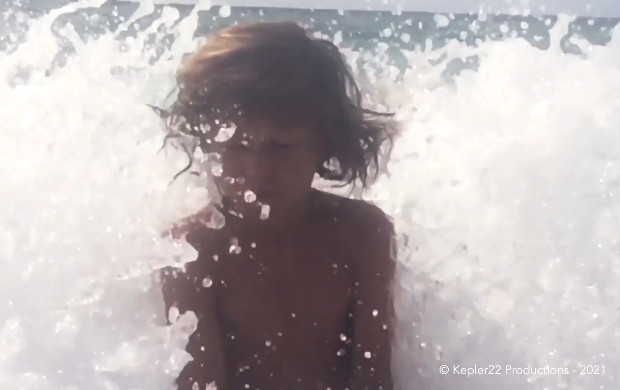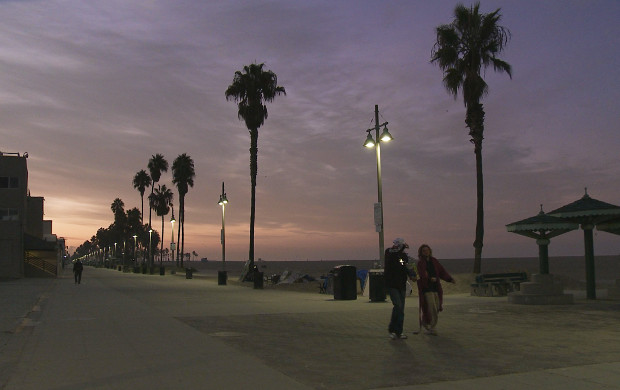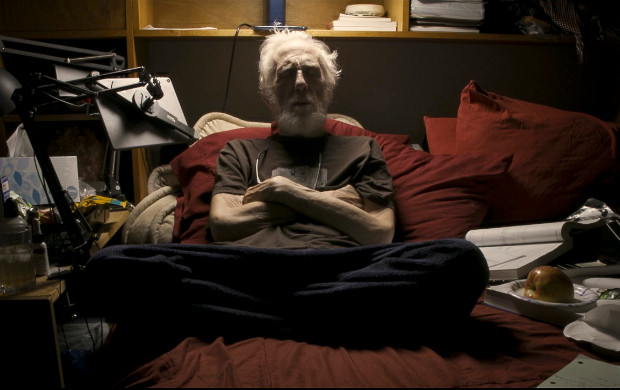Ivre de soule
- 2021
- France
- 29 min
The year 2020 is a difficult one for U.S.D.B., the amateur rugby club that represents Dieulefit, a small town in southern France. The number of lost matches is growing and they face the humiliation of being downgraded in the regional ranking. A decisive match is soon to be played at home in Dieulefit. The stakes are higher than ever: save the club’s honour, make their fans, family and pals proud, and defend their home territory.
Given his sense of detail and his defamiliarizing approach, Skander Mestiri could well have been a contributor to Matjaž Ivanišin’s study of serious games in the film Playing Men. Here too, the stakes seem high. “It’s more than love”, says one of the players. The faces and hands that the young filmmaker caresses with his DV camera eye structure the web of affects that sustains the USDB, a rugby team from the Drôme region. Infiltrating the heart of this group, he probes what holds it together. There is the closeness of bodies that rub shoulders, catch each other and intertwine. And the voices that join in shaky unison to fashion bawdy or ancestral songs. The fluids that bathe them: the shower that unsticks the mud, the beer that refreshes burning throats. Rather than contradicting clichés, Skander Mestiri confronts them head on so as to seize what underpins them. When questioned, some players mention the clear-cut roles that govern the group’s harmony. The filmmaker too plays his role and, by fully assuming his own function, manages to find his place among these men. Even though Ivre de soule espouses the fever of the game, it also establishes a distance so as to better reshape it, impose its rhythm, reconstruct a space, and displace the drama played out at each match. The medieval-style synthetic music by Gonfano helps shift the sport onto strange territory, far from any heroising lyricism: the stakes of victory or defeat seem to have the sole function of giving the group a purpose that will encourage its cohesion.Olivia Cooper-Hadjian
- Production, cinematography, sound, editing : Skander Mestiri
